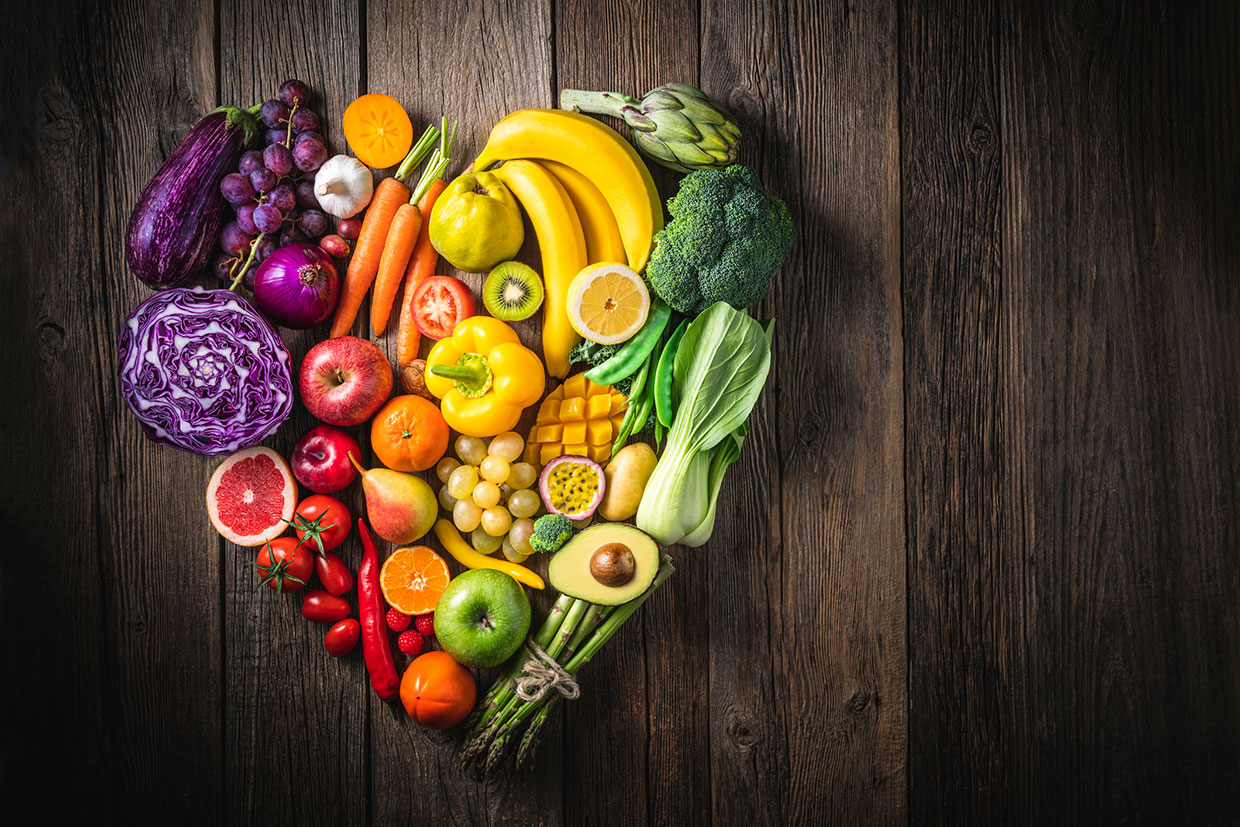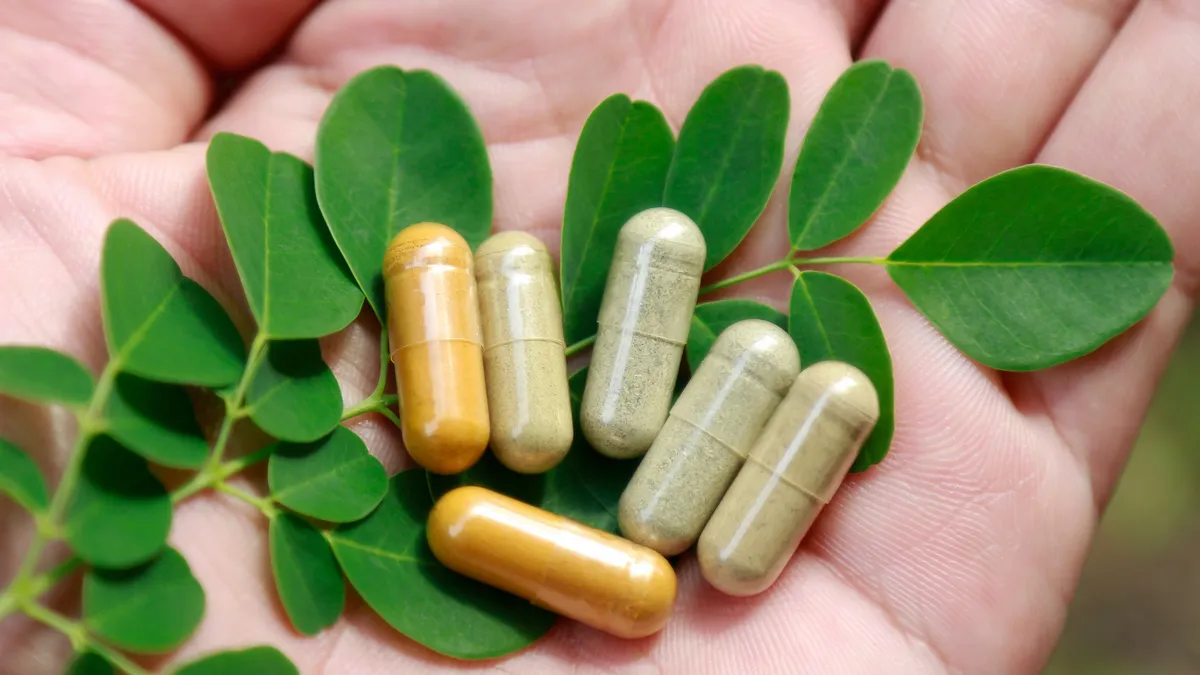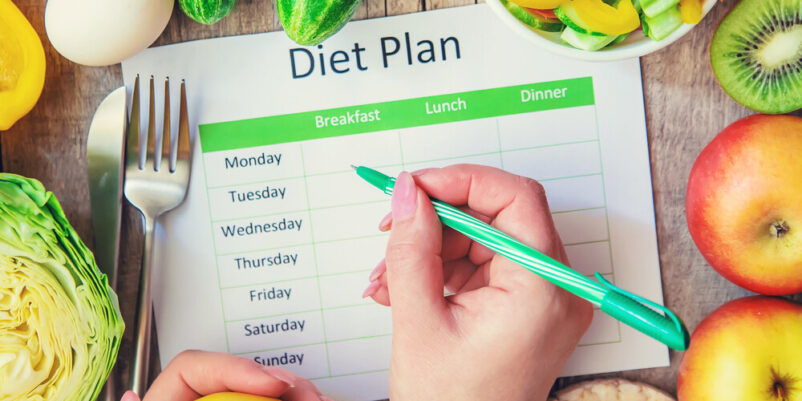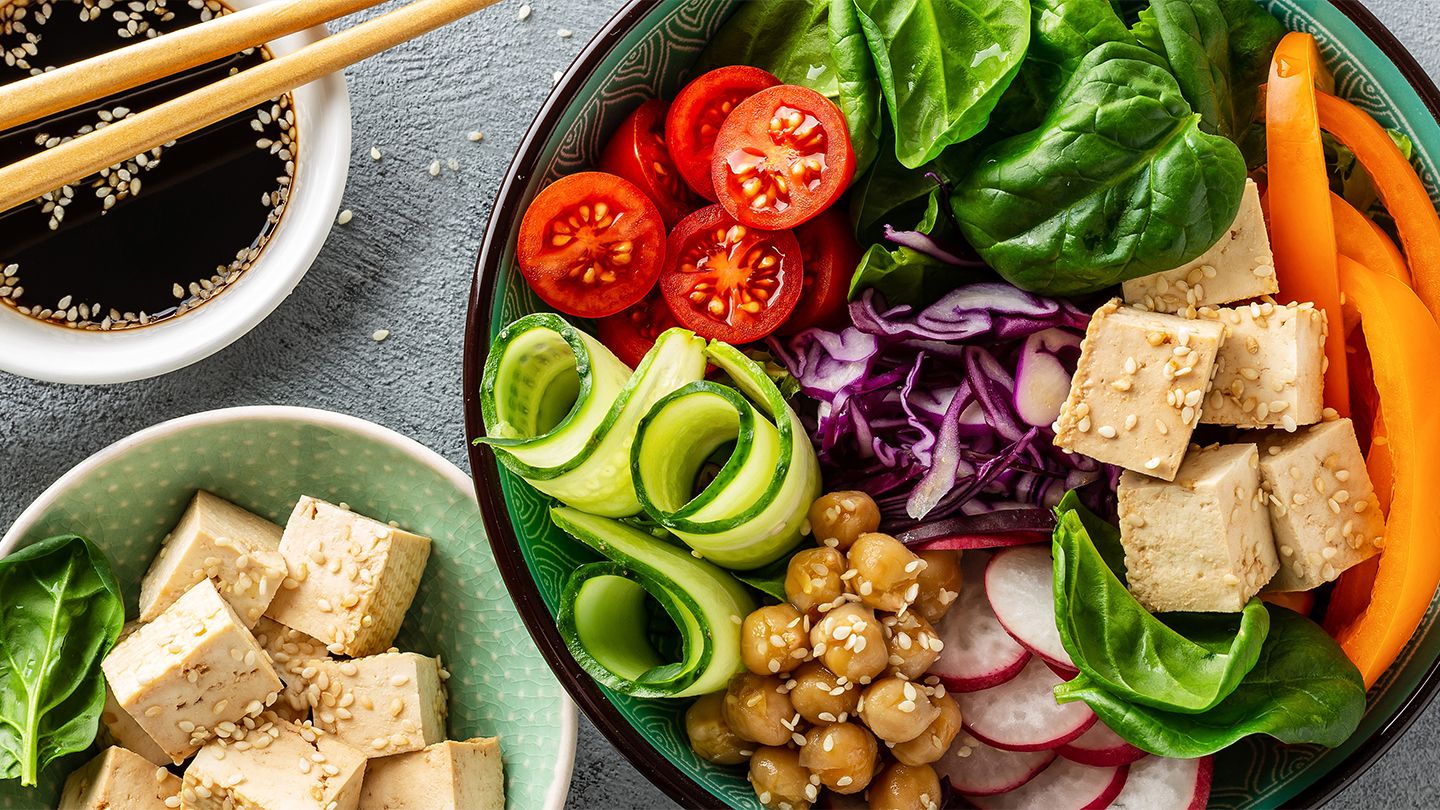How To Be A Healthy Vegan
Embark on an exciting journey with us as we explore the vibrant world of veganism. This guide is your ultimate roadmap to a healthier, greener lifestyle. Prepare to be amazed, enlightened, and inspired to transform your life. Read on!
Comprehending Vegan Dietary Practices
The cornerstone of a healthy vegan lifestyle is nutrition. All the necessary elements may be obtained from a well-planned vegan diet, but it takes careful planning to make sure you are getting all the nutrients you need. Here are some essential nutrients to pay attention to:
1. Protein
Building and mending tissues, generating hormones and enzymes, and promoting general health all depend on protein. Even though there are many plant-based protein sources available, it's still crucial to have a variety of sources in your diet. Here are some great sources of plant-based protein:
- Legumes (chickpeas, beans, lentils)
- Tofu and tempeh
- Seitan
- Quinoa
- Nuts and seeds
- Whole grains (oats, barley, brown rice)
- Vegetables (peas, broccoli, spinach)
2. Iron
Iron is essential for the blood's oxygen delivery system and the synthesis of energy. Compared to heme iron derived from animal sources, plant-based iron, also referred to as non-heme iron, is less easily absorbed by the body. Eat foods high in iron along with foods high in vitamin C to improve iron absorption. Important iron-supplying plants include:
- Leafy greens (kale, spinach)
- Legumes (chickpeas, lentils)
- Tofu and tempeh
- Quinoa
- Fortified cereals
- Pumpkin seeds
3. Calcium
The health of bones and muscles depend on calcium. Even while dairy is a typical source of calcium, a vegan diet can also include a lot of plant-based alternatives. Important calcium sources derived from plants include:
- Leafy greens (bok choy, collard greens)
- Fortified plant milks (almond, soy, rice)
- Fortified tofu
- Almonds
- Chia seeds
- Broccoli
4. Vitamin B12
The synthesis of DNA, red blood cells, and neuron function all depend on vitamin B12. As it is mostly present in animal products, vegans must get it via supplements or fortified foods. Important vegan sources of vitamin B12 are as follows:
- Fortified plant milks
- Fortified nutritional yeast
- Fortified cereals
- Vitamin B12 supplements
5. Omega-3 Fatty Acids
Omega-3 fatty acids have a key role in lowering inflammation and supporting brain function. Omega-3s derived from plants can be obtained through alpha-linolenic acid (ALA), which the body can process into EPA and DHA. ALA's primary sources are as follows:
- Flaxseeds and flaxseed oil
- Chia seeds
- Hemp seeds
- Walnuts
- Algal oil supplements

Creating Well-Proportioned Vegan Meals
1. Incorporate a Range of Foods
2. Emphasize Whole Foods
3. Maintain Macronutrient Balance
4. Think Forward
5. Try Out Some Recipes
6. Pay Attention to Portions
7. Remain Hydrated

Essential Supplements for Vegans
1. Vitamin B12
2. Vitamin D
3. Omega-3 Fatty Acids
4. Iron
5. Calcium
6. Zinc

Physical Activity and Exercise
Frequent exercise is crucial for general health and wellbeing. The following advice can assist you in integrating physical activity into your vegan lifestyle:
1. Choose a Hobby You Love
Whether it's jogging, cycling, yoga, or dance, pick physical activities or workouts that you enjoy doing. You're more inclined to incorporate enjoyable things into your schedule.
2. Make Reasonable Goals
Based on your lifestyle and current fitness level, set realistic fitness objectives. Begin with modest, achievable objectives and progressively increase the duration and intensity of your workouts.
3. Select Different Workouts
It's critical to maintain variety to stave against boredom and plateaus. Include a variety of workouts in your regimen, including cardiovascular, strength, flexibility, and balancing exercises.
4. Plan Out Your Exercises
The secret to sticking to a fitness regimen is consistency. Treat your workouts like non-negotiable appointments by scheduling them for the same time every day or week.
5. Attend to Your Health
Observe your body's cues and modify your exercise regimen as necessary. Take a pause and consult with a healthcare provider if you are in pain or uncomfortable.
6. Remain Fueled and Hydrated
Sufficient hydration and proper diet are essential for peak performance. Before, during, and after exercise, sip on lots of water, and fuel your exercises with well-balanced meals and snacks.

Psychological Wellness
Mental well-being is as crucial to physical well-being. Following a vegan diet can help you maintain your mental and emotional health:
1. Develop Your Mindfulness
Being mindful entails paying attention to your environment and being in the present moment. Engage in mindfulness exercises such as deep breathing, meditation, or just being aware of your sensations.
2. Create a Helpful Community
Be in the company of upbeat, encouraging individuals that value and comprehend your vegan way of life. Become a member of online networks or vegan groups to meet people who share your values.
3. Control Your Stress
Create healthy coping mechanisms to deal with stress, like journaling, deep breathing techniques, and meditation. Determine the sources of stress in your life and work toward minimizing or getting rid of them.
4. Make self-care a priority
Practicing self-care entails setting aside time for enjoyable and soothing pursuits. This can be reading, taking a bath, engaging in hobbies, or just spending time in nature.
5. Seek Expert Assistance
Do not be afraid to ask a mental health expert for assistance if you are experiencing mental health problems. Treatments for ailments like depression, anxiety, and post-traumatic stress disorder (PTSD) may involve therapy, counseling, and medication.
6. Remain Upbeat
Develop an optimistic outlook by emphasizing the positive aspects of your life and engaging in acts of gratitude. Maintain a gratitude diary, list your blessings, and remind yourself of your qualities and accomplishments.
7. Become Ingenious
Painting, writing, or performing music are examples of creative pursuits that can be therapeutic and aid in emotional expression. Make time for a creative endeavor you enjoy on a regular basis.

Developing a Harmonious Plant-Based Diet Plan
Creating well-planned vegan meals is crucial to achieving your dietary goals and being nourished. To assist you in getting started, consider this sample vegan food plan:
Lunch
- Almond butter, chia seeds, and fresh berries added to oatmeal
- Almond milk, spinach, banana, and flaxseeds combined in a smoothie
- Avocado on whole-grain bread served with a side of fruit
Lunch
- Quinoa salad with cucumber, cherry tomatoes, chickpeas, and tahini dressing
- Lentil soup with a side of whole-grain bread
- Veggie wrap with avocado, bell peppers, spinach, and hummus
Supper
- Stir-fried tofu with mixed vegetables and brown rice
- Black bean tacos with avocado, salsa, and a side of quinoa
- Lentil meatballs with spaghetti in marinara sauce and a side salad
Snacks
- Apple slices with almond butter
- Trail mix with nuts, seeds, and dried fruit
- Carrot sticks with hummus

Maintaining Knowledge and Education
Maintaining a healthy diet requires ongoing education about the nutrition and lifestyle of vegans. Here are a few methods to keep yourself updated:
1. Examine Books and Articles
Examine books and articles about vegan diet and health that have been written by reliable sources. This might assist you in keeping abreast of the most recent findings and suggestions.
2. Follow Reputable Blogs and Websites
Follow blogs and websites that offer fact-based guidance on vegan diet and lifestyle. Seek out materials produced by licensed nutritionists and medical experts.
3. Participate in Vegan Communities
Join online and offline vegan communities to meet people who share your interests and to exchange knowledge and stories. Taking part in conversations might offer insightful information and assistance.
4. Participate in Webinars and Workshops
Participate in webinars and courses on vegan cooking, diet, and lifestyle. These occasions might offer helpful advice and first-hand experience to improve your knowledge and abilities.
5. See a Registered Dietitian for Advice
It is advisable to seek advice from a qualified dietitian with expertise in vegan nutrition. They may offer you individualized advice and assist you in developing a healthy meal plan that is customized for your requirements.
Result
When done thoughtfully, switching to a vegan diet may be fulfilling and healthful. You can have a healthy vegan lifestyle by emphasizing balanced diet, meal planning, frequent exercise, and mental health maintenance. To guarantee that you achieve your dietary requirements and get the numerous advantages of a plant-based diet, adhere to the advice provided in this guide. To stay informed and inspired on your path to better health, never stop learning and asking for help from vegan communities and medical professionals.
You May Also Like:







